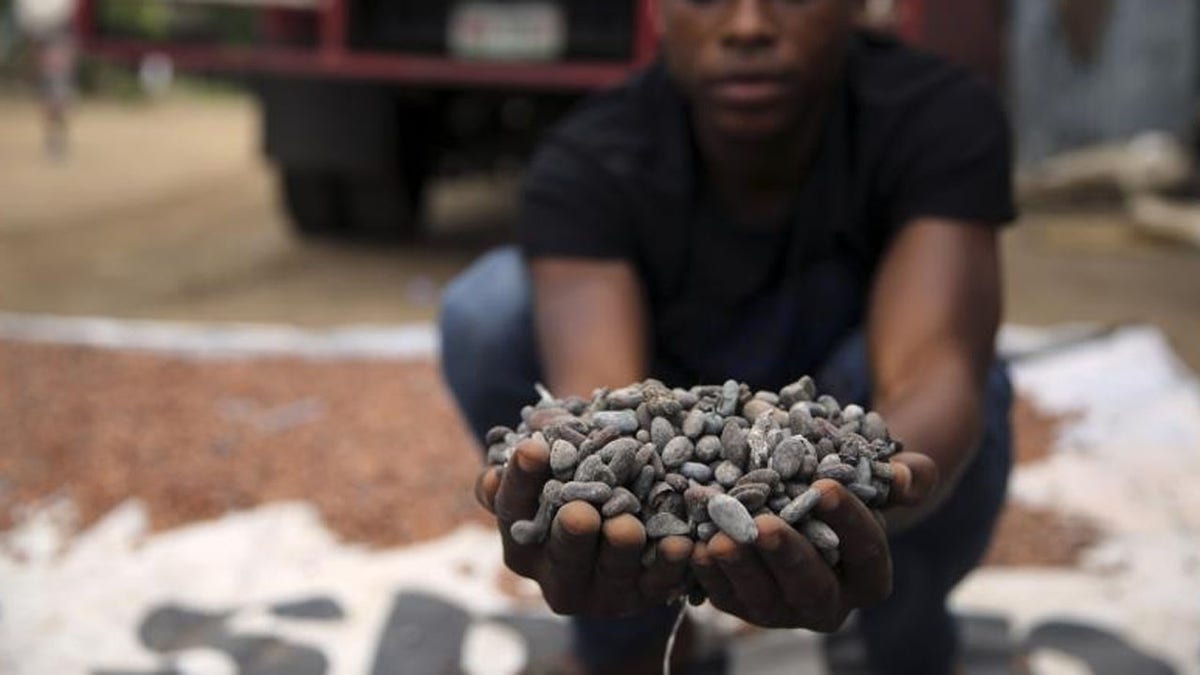
Food companies like Nestlé and Hershey don’t have to disclose what kind of workers are involved in the production process on product labels, a judge ruled this week.
Despite efforts by some to bring greater food transparency, a California district court has ruled that two large candy makers are not obligated to disclose that their cocoa suppliers use child slave labor.
According to Courthouse News, U.S. District Judge Joseph Spero ruled Tuesday that Nestlé and Hershey were not violating California’s Consumer Legal Remedies Act and the state’s unfair competition and false advertising laws by not disclosing labor uses in its supply chain on chocolate product labels.
“There are countless issues that may be legitimately important to many customers, and the courts are not suited to determine which should occupy the limited surface area of a chocolate wrapper,” Spero wrote in a pair of identical rulings related to two class actions against Nestlé and Hershey.
In 2015, Elaine McCoy sued Nestle and Laura Dana sued Hershey charging the food companies failed to disclose they make their candies using cocoa beans harvested by child slaves.A third class action was filed by a customer against Mars. His appeal of U.S. District Judge Richard Seeborg's dismissal is pending in the Ninth Circuit Court of Appeals.
Forced-labor plantations in Ivory Coast, which use some children either sold or kidnapped as workers, to produce cocoa, have come under fire by human rights groups. According to a Tulane University study cited in the complaints, children are held against their will on isolated farms, locked away at night, threatened with beatings and forced to work long hours.
Spero referenced Seeborg's Hodsdon ruling in dismissing the actions, writing, "A duty to disclose under California law does not extend to all 'information [that] may persuade a consumer to make different purchasing decisions."




















